Yesterday (December 23), the administration of US President Joe Biden opened a new investigation into old Chinese semiconductors that can be used in everything from cars to home appliances and defense systems.
Investigation into old chips increases pressure on China's semiconductor industry
According to a statement from the White House, China "routinely engages in non-market policies and practices, as well as industrial targeting" in the chip industry, allowing its companies to "significantly harm competition and create dangerous supply chain dependencies in basic semiconductors."
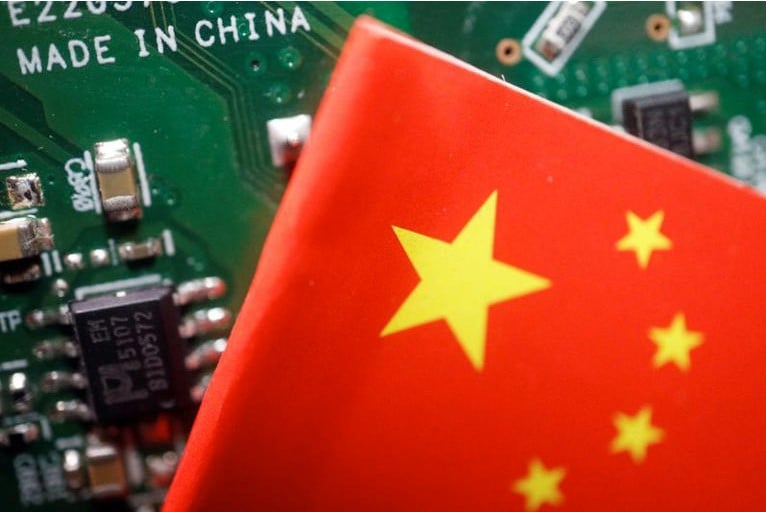
The administration of US President Joe Biden opens a new investigation into old Chinese chips.
The so-called Section 301 investigation will examine “China’s acts, policies, and practices regarding the production of silicon carbide substrates, or other semiconductor wafers used as inputs to the semiconductor fabrication process.
Overall, Washington's investigation is aimed at assessing US dependence on old Chinese chips in everything from telecommunications to power grids.
The new investigation marks an escalation of U.S. pressure on China’s semiconductor industry. Many of Washington’s actions so far have targeted the most advanced chips, particularly those used in the booming field of artificial intelligence.
So-called legacy chips are made using less advanced manufacturing techniques. Chinese chipmakers are still generations behind industry leaders like TSMC, but they can produce legacy chips at scale.
The latest investigation into old Chinese chips is being conducted under the Trade Act of 1974. One potential remedy under that law is to impose tariffs on the products in question.
The Biden administration has continued to target China’s tech sector this year by raising import tariffs on products ranging from electric vehicles to semiconductors, the latest action coming just weeks before the current US president hands over power to Donald Trump.
Put the company that smuggled TSMC chips to Huawei on the "blacklist"
Previously, the Biden administration planned to blacklist a Chinese company for smuggling banned export chips produced by Semiconductor Manufacturing Company (TSMC) to Huawei.
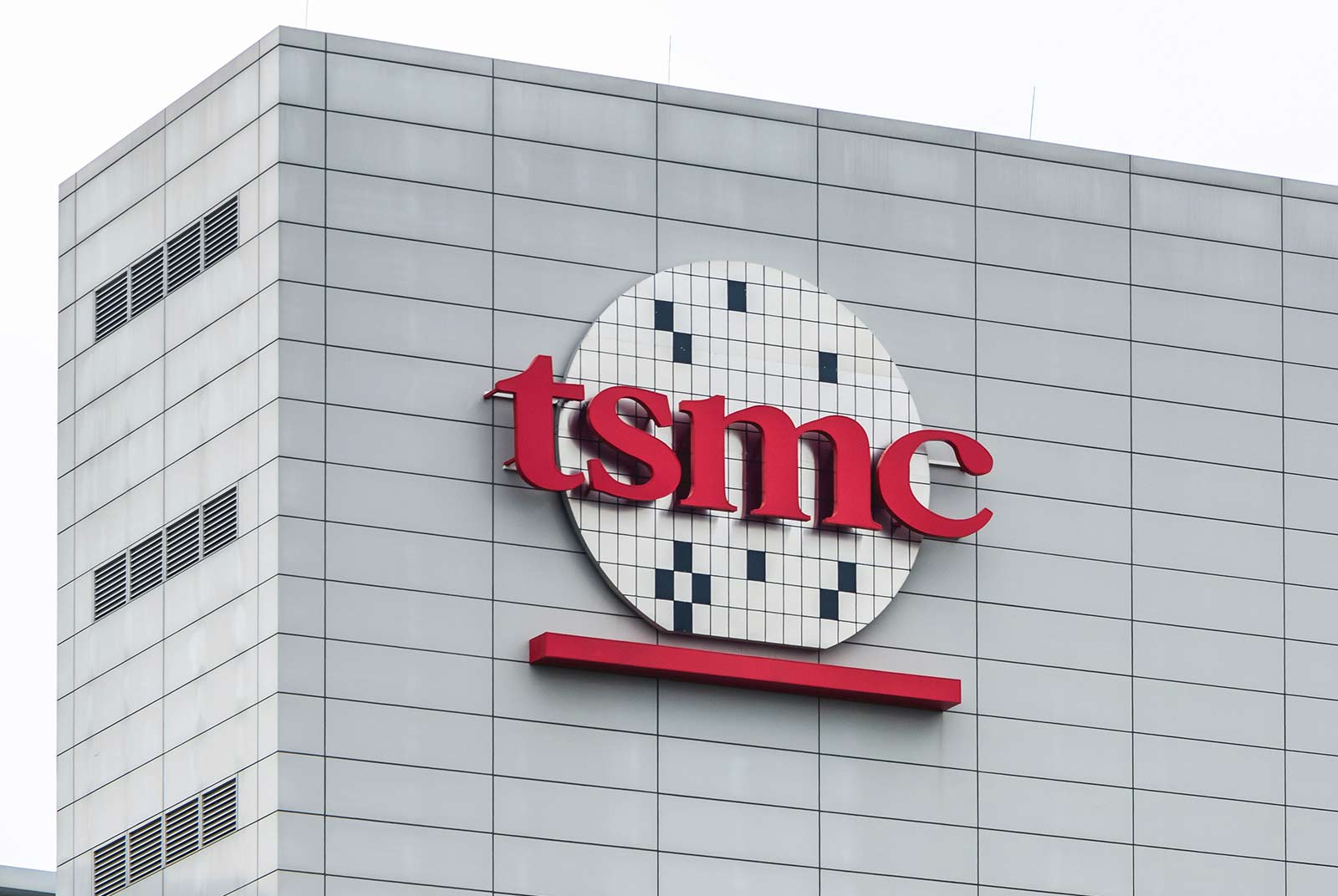
Sophgo, a company that smuggled chips made by TSMC to Huawei, is being blacklisted by the US.
Chinese company Sophgo has attracted attention after a chip found on Huawei's Ascend 910B multi-chip system matched the chip the company ordered from TSMC.
Sophgo is the latest Chinese company to be sanctioned by the United States for helping Huawei. This month, the US Commerce Department added other companies it considers part of Huawei’s underground network to its trade blacklist.
Sophgo, a subsidiary of bitcoin mining equipment supplier Bitmain, is in the process of being added to the so-called Entity List, sources close to the matter told Reuters.
Companies are added to the list because of activities contrary to the national security and foreign policy interests of the United States. Exporters are then prohibited from shipping goods and technology to them without a license and are likely to be denied.
China's Huawei, a technology conglomerate and telecommunications equipment maker, was added to the list in 2019. Since 2020, it has been an offence to ship even foreign-made chips to the company without a license.
Sophgo is a chip supplier to local governments and state-owned companies such as China Telecom. Over the past two years, Chinese state-run universities have purchased AI chips from Sophgo and Bitmain to build AI tools, according to a source familiar with the matter who spoke to Reuters.
Starting November 11, the United States ordered TSMC to stop shipments to China of 7-nanometer or more advanced chips that can be used in AI applications.
(Source Reuters, CNBC)
Source: https://www.baogiaothong.vn/my-mo-cuoc-dieu-tra-moi-ve-chip-cua-trung-quoc-19224122412215933.htm



![[Photo] National Assembly Chairman Tran Thanh Man attends the ceremony to celebrate the 1015th anniversary of King Ly Thai To's coronation](https://vstatic.vietnam.vn/vietnam/resource/IMAGE/2025/4/13/6d642c7b8ab34ccc8c769a9ebc02346b)
![[Photo] National Assembly Chairman Tran Thanh Man attends the Policy Forum on Science, Technology, Innovation and Digital Transformation](https://vstatic.vietnam.vn/vietnam/resource/IMAGE/2025/4/13/c0aec4d2b3ee45adb4c2a769796be1fd)


![[Photo] Prime Minister Pham Minh Chinh chairs the Government's special meeting on law-making in April](https://vstatic.vietnam.vn/vietnam/resource/IMAGE/2025/4/13/8b2071d47adc4c22ac3a9534d12ddc17)
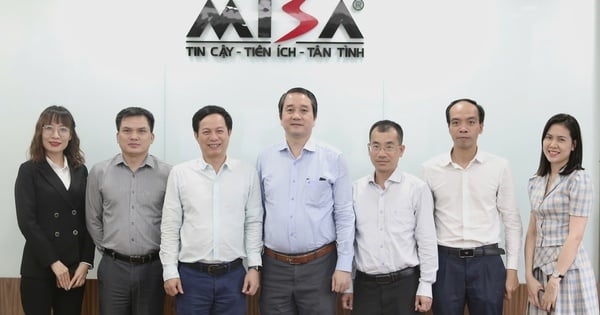





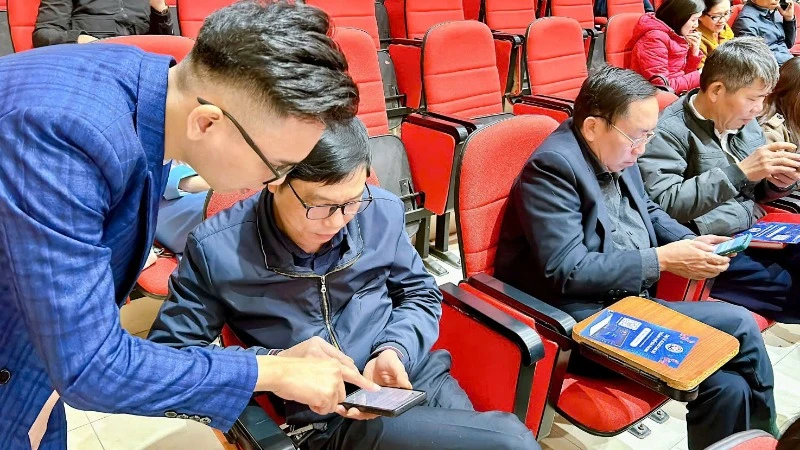

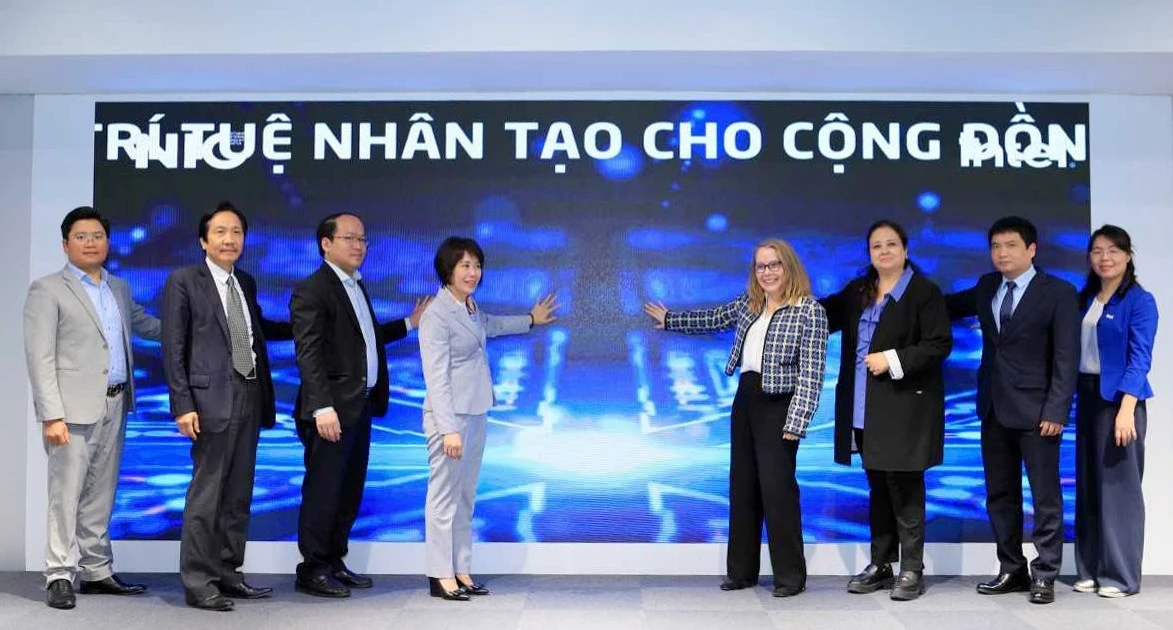





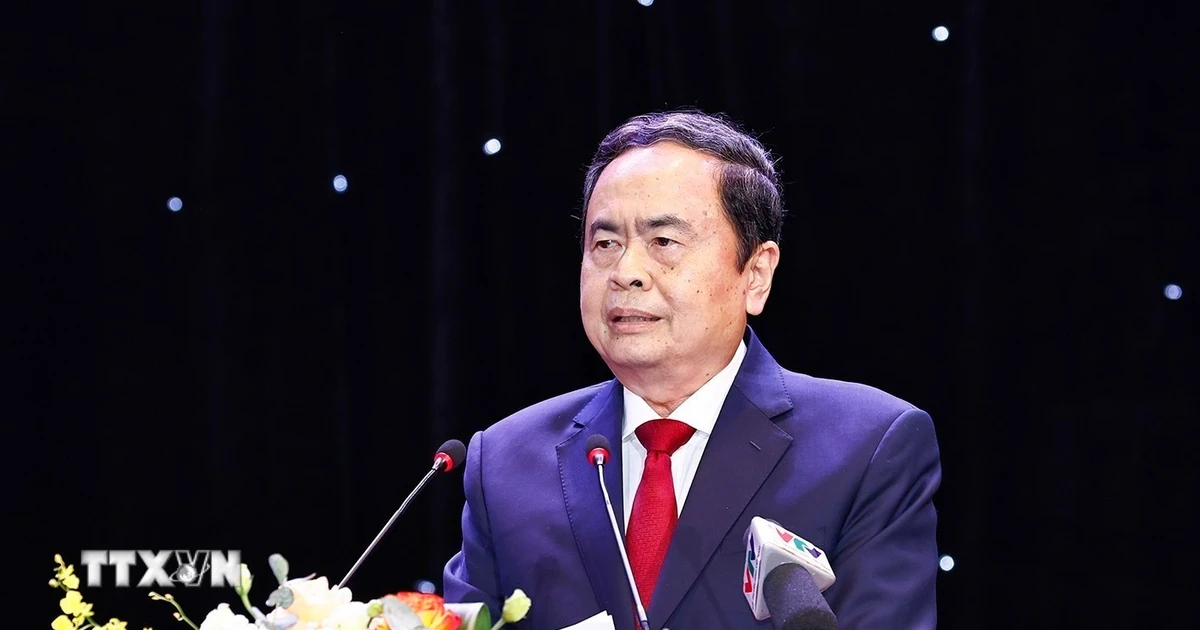








































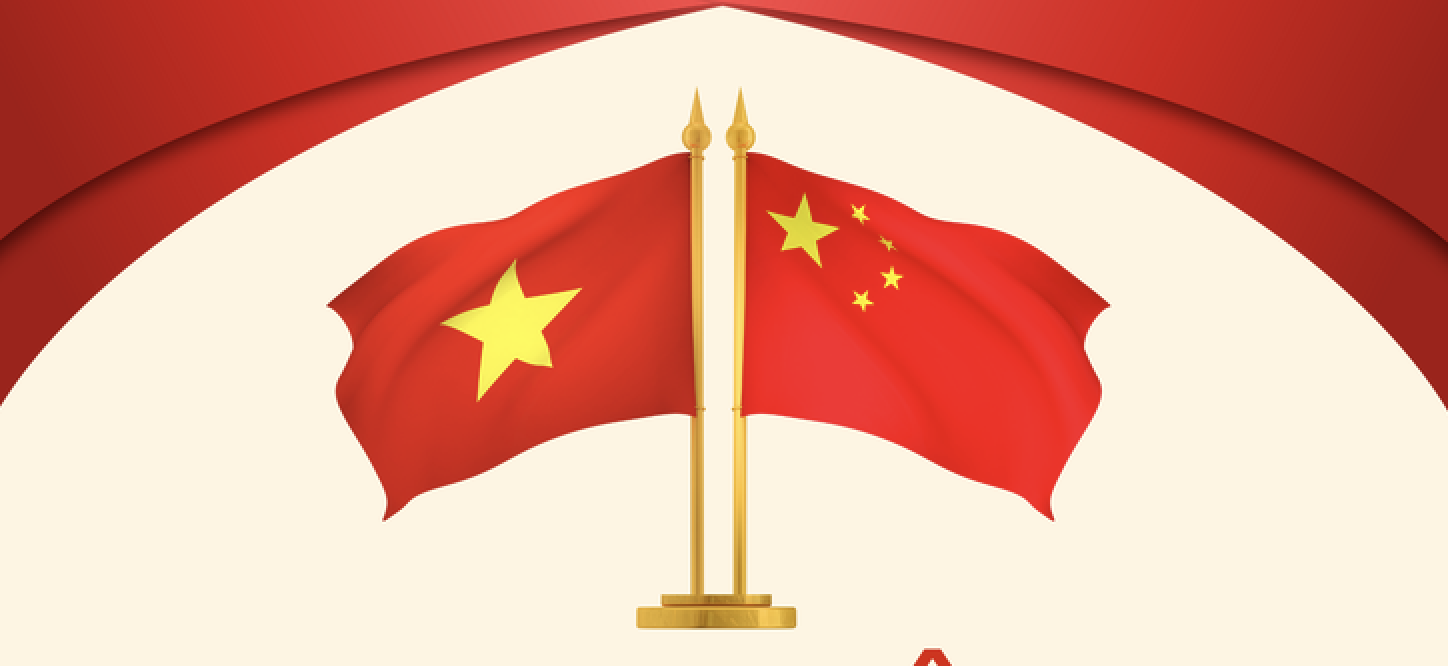









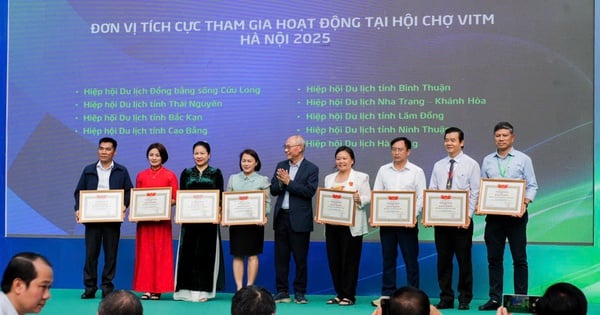






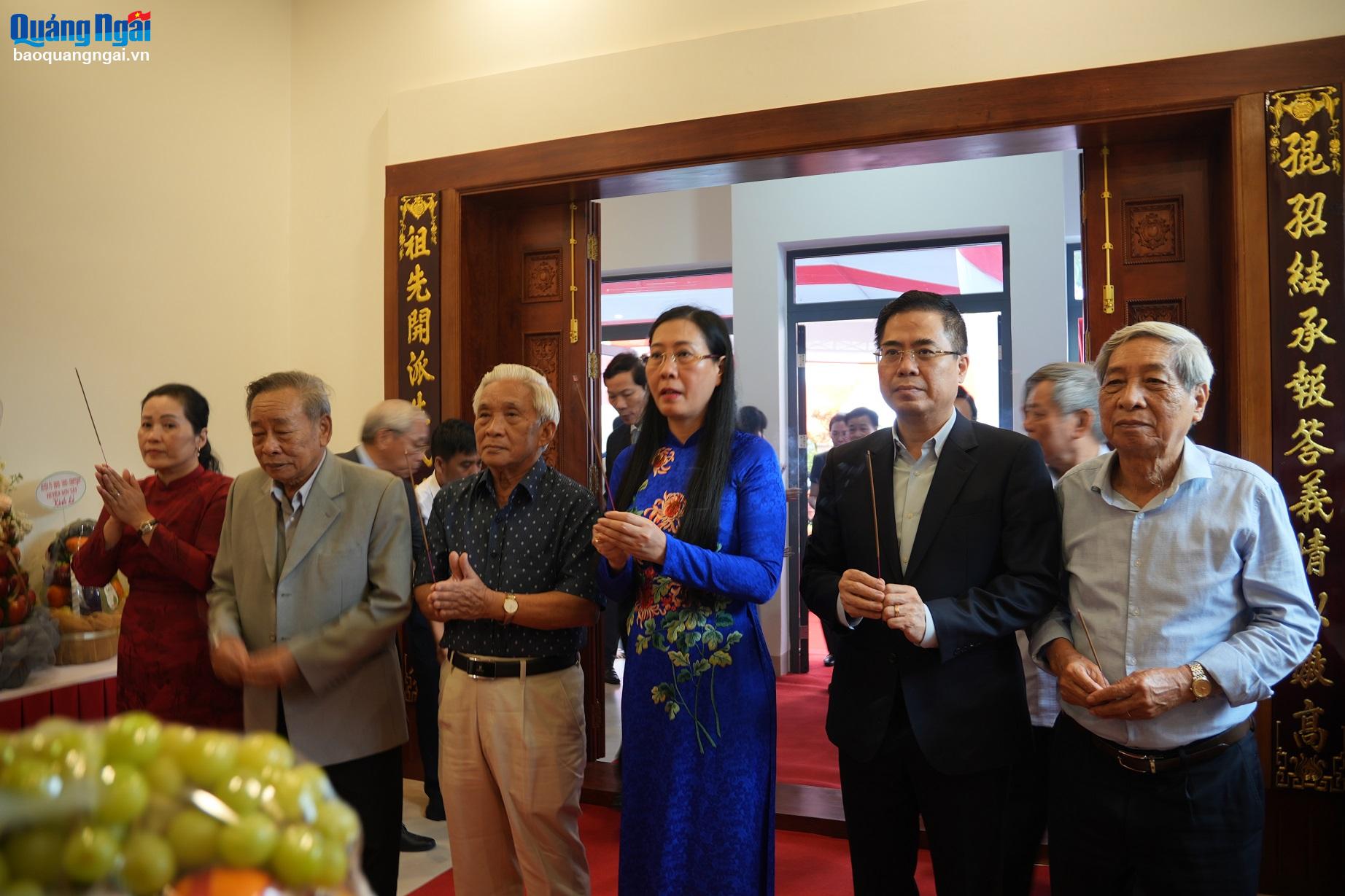
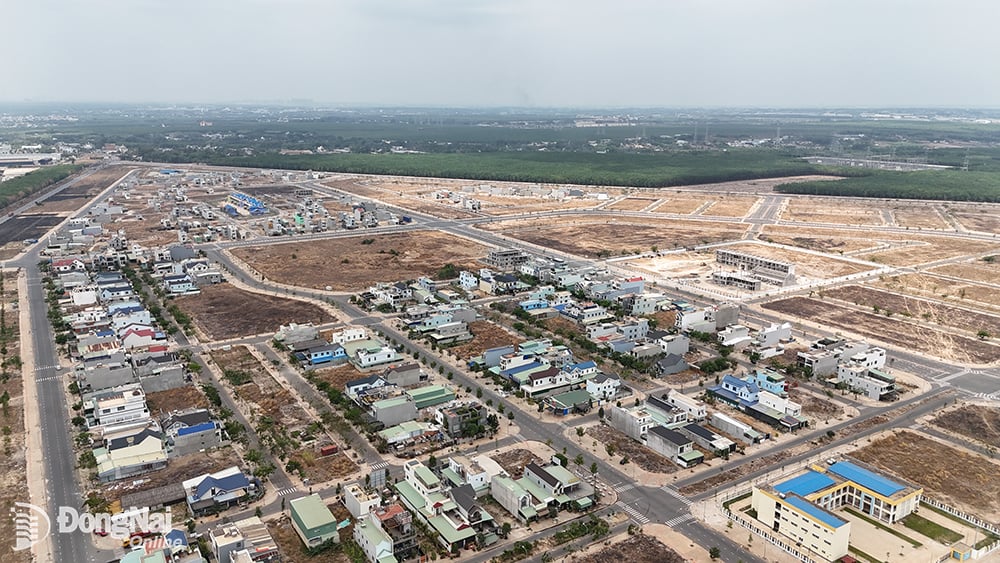













Comment (0)